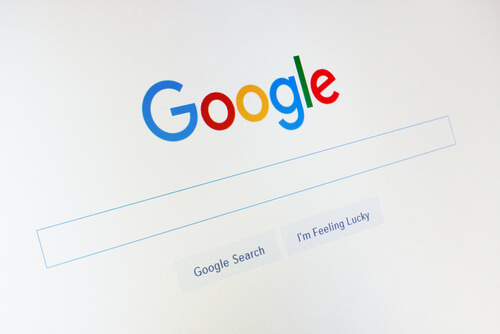This week, Google cut 45 workers from its broadcast team, joining Facebook and X in moving away from mainstream news.
Alphabet established Google News to forge agreements with online publishers and broadcasters and create programs for training newsrooms. In addition, it served as the tech giant’s response to government pressure to share more revenue with news organizations.
The layoff is the second time Google has reduced the size of its news partnership team this year. Dozens of news division members lost their jobs when Alphabet eliminated hundreds of roles in September.
In January, the company removed approximately 12,000 positions or about 6.00% of its workforce. Analysts see the dismissals as a natural consequence of the Big Five member’s push for artificial intelligence (AI).
In March, it introduced the Bard chatbot that can produce explanations, poetry, and prose on top of traditional search results. Bard uses generative AI (GenAI) technology to answer user questions without them needing to click a link.
Critics expressed concerns that AI systems like Bard will erode traffic to mainstream news sites. Meanwhile, some see this as a silent declaration that Google intends to follow in Meta Platforms’ and X’s footsteps.
Earlier this month, Facebook’s top news executive, Campbell Brown, announced her plan to leave the social media giant. Furthermore, Adam Mosseri, the head of Instagram’s Threads app, stressed that the X competitor will not amplify news.
Days after the announcement from Threads, X announced the removal of headlines from the platform. X owner Elon Musk expressed disdain for mainstream news and its tendency to generate polarized debates.
Mainstream News Ponders Independence from Google
Adrienne LaFrance, the executive editor of The Atlantic, said that the imminent demise of Google News symbolizes the post-social web. In the past 12 to 18 months, social platforms’ traffic to mainstream news websites has declined severely.
LaFrance said The Atlantic plans to transition to forming direct connections with readers instead of relying on search engines. Moreover, the publisher will push branded newsletters while optimizing its website and innovating its print magazine.
She reiterated that mainstream news sites should convince readers that they don’t have to rely on mega-platforms to get updates. Publishers must reduce their dependence on Google, Facebook, and X as the social web declines.











